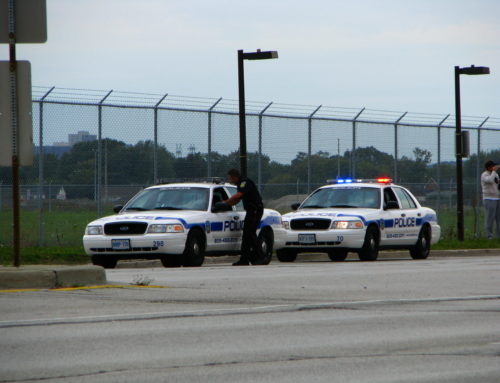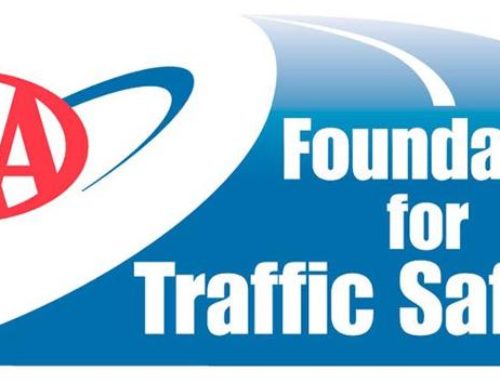The New Jersey State Supreme Court is soon to decide a case that could incrementally affect drunken driving cases in the state. The Supreme Court is scheduled to hear substantial arguments which would establish a new course for DWI prosecutions within the state. The justices will be deciding upon the special set of circumstances that are considered before a police officer pulls over a vehicle based on a tip. At this time, these calls are given substantially less weight than anonymous calls from concerned citizens.
The basis of this movement is a New Jersey DWI case against Paul Amelio. While in an argument with his daughter, Paul left his house and drove his vehicle off onto the road. The daughter informed police that her father was intoxicated while driving the vehicle. The alerted officer followed Amelio until he returned home to his driveway, and then charged the man with driving while intoxicated in the state of New Jersey. He pleaded guilty then appealed.
Douglas Kinz, Amelio’s defense attorney, claims that the police did not have sufficient information to warrant such a traffic stop and initiate an arrest. In the past, the courts have judicated that such tips involve specific warrants, and in the case of a suspected intoxicated driver, an estimate of the amount of alcohol the driver has consumed. The daughter’s testimony that her father was ‘drunk’ without witnessing any erratic driving lacks “a reasonable and articulable suspicion that (Amelio) had violated the law.” It was entirely possible that the 17-year-old daughter may not have known the difference between acting belligerent and actually being intoxicated. Kinz raises the question as to whether she was in the same room as her father at the time of the argument. The absence of specific information leaves room for tips to be viewed as vendettas, and can be used as instruments of revenge involving the police.
The Supreme Court is going to hear arguments concerning the procedure in a traffic stop based on tips. If this case is approved it could infringe upon the freedoms of all New Jersey drivers. Kinz warned that, if the court upholds the traffic stop of Amelio, anyone operating a vehicle will be subject to being stopped on a hunch and a guess.
Both a Superior Court and a panel of judges on the state Appellate Division ruled that Amelio’s New Jersey DWI conviction should not stand. Prosecutors however appealed to the higher Supreme Court.






